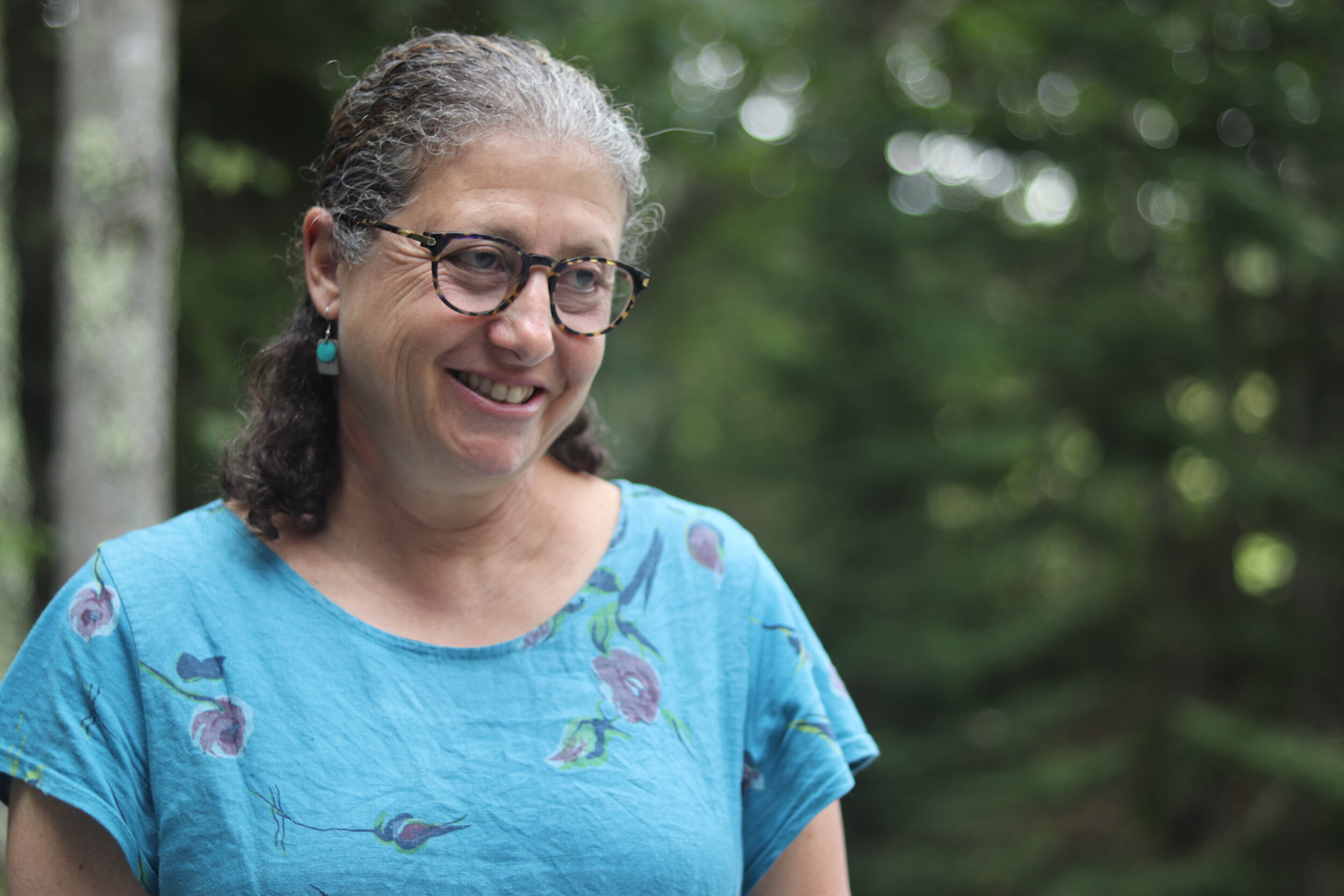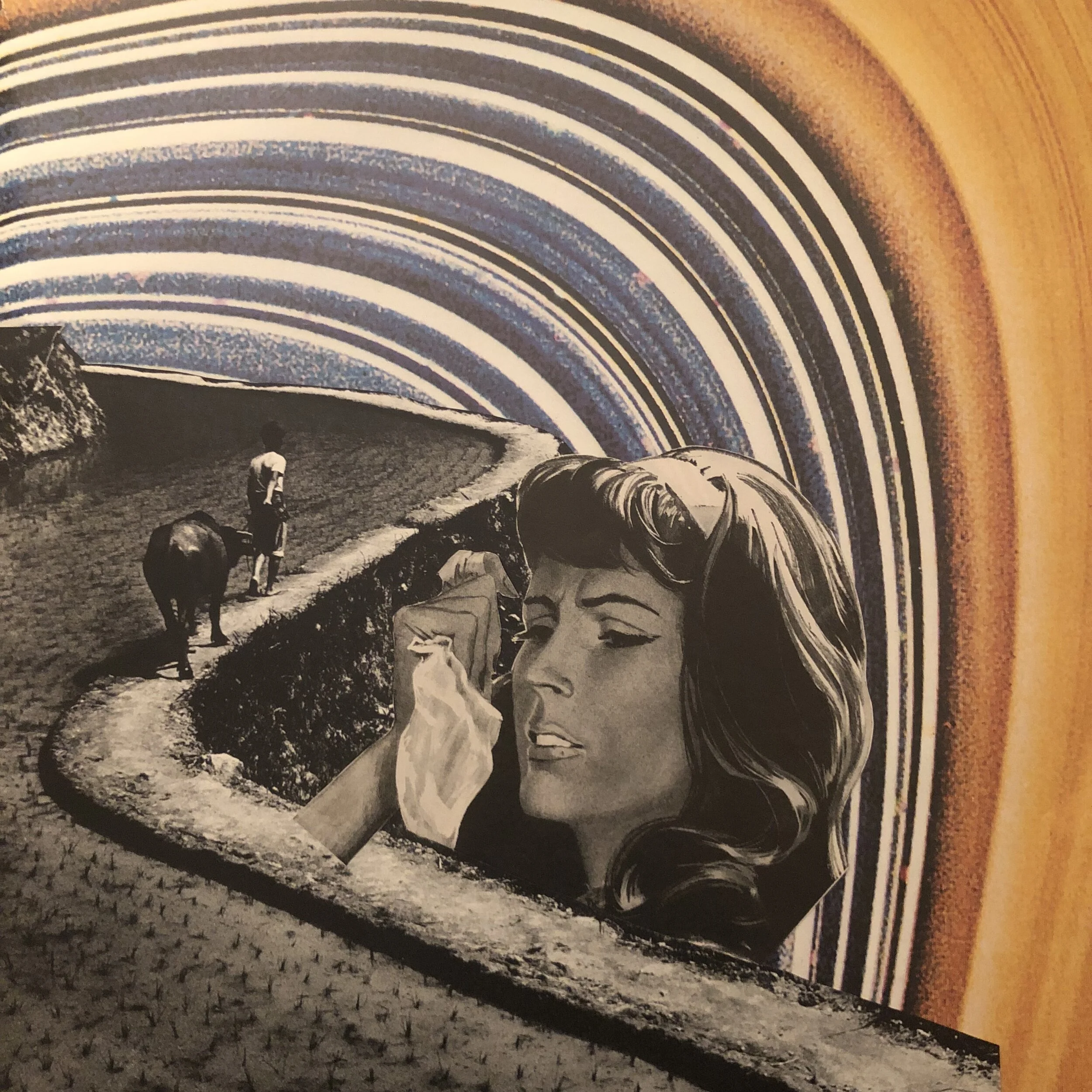Sibling Transgressions and the Surrender of Language: Sulaiman Addonia and Aharon Appelfeld
As I was waiting to board a plane home from Cape Town last year, I wandered into the airport bookshop and picked up Sulaiman Addonia’s Silence is My Mother Tongue, which has just been published in the United States. Silence is Addonia’s mesmerizing and provocative second novel. He was born in Eritrea to an Eritrean mother and Ethiopian father and spent his early life in a Sudanese refugee camp, having survived a massacre and his father’s murder.
Written with elegiac elegance, Silence is the haunting story of Saba and Hagos, a brother and sister condemned to spend their adolescence in a refugee camp in East Africa. By the time they arrive, they have suffered horrifying physical and sexual abuse, as well as the shocks of war. Hagos, who is mute, long ago yielded his place as his mother’s son to Saba, who fights her upbringing and culture to get an education. Her studies are another casualty of war.
Brother and sister are inseparable, sleeping in the same bed, sharing every thought. They are each other’s caretakers—Saba by interpreting for her brother, and Hagos by helping Saba with grooming and keeping house for her and their mother. Around Hagos, Saba is “free.” Their intimacy is moving and poignant, and in its physicality, discomfiting.
The refugee camp is a collection of tiny fiefdoms filled with selfishness, rage, wild animals, and fragments of humanity. Saba finds a lover in a young woman and befriends another whose mother is a soldier for liberation. Hagos falls in love with an older man who becomes betrothed to Saba. Saba and Hagos’s constellation of breached taboos—brother brushing sister’s hair, the intensity of their physical closeness—vibrates with kindness, love, and honesty. Their’s is a relationship of tenderness and caring. Saba finds Hagos’ “head on her shoulder.” This is how they fall asleep, and is the reason the midwife insists on their sleeping apart. When Saba thinks of “their pending separation, at her brother’s loneliness by day extending to night, tears stung behind her eyelids.”
Addonia writes with poetry and depth. His sentences are plaintive vessels for what has been lost. Saba “wanted to ask her mother just how long they had been here. Days? Weeks? She could see time passing on her own body, on the people around her.”
Saba’s body is, in fact, a subject of obsessive interest, both to herself and to everyone in the camp, including her mother and the midwife, who has pursued her for years in order to perform a genital mutilation. Saba’s budding sexuality is treated as a crime; she is both an unwitting temptress and a healthy young woman starved for physical connection. Independence and intellectual ambition only add to the perceptions of her wrongdoing.
These inseparable, transgressive siblings, bring to mind Aharon Appelfeld’s Unto the Soul, translated from Hebrew by Jeffrey M. Green. Unto the Soul is a troubling story of sibling incest, set against the terror of Russian Pogroms.
The book follows Amalia and Gad, sister and brother, who have inherited a terrible burden: guarding the cemetery of the Jewish martyrs, which is set on a mountaintop in an unnamed place in Eastern Europe at the turn of the twentieth century. Amalia and Gad sink beneath the frigid winter, their near-complete isolation, and their hunger for each other. In the oppressive cold, Gad’s “thirst for her could not be quenched.” Amalia asks if it is a sin, and Gad answers: “Certainly.” Amalia begins drinking. Gad’s face “was dark like that of a man who has seen dreadful sights.” Amalia makes soup for him and warms his frozen toes; Gad swings between verbally abusing her and confiding in her. Rife with guilt, they struggle to maintain their faith as caretakers of the graveyard. Theirs is a cyclical existence of fear and comfort, intimacy and the crushing weight of sin. Eventually, Amalia becomes pregnant.
Why did Addonia and Appelfeld choose sister and brother to tell these stories? One answer may be that this relationship is so fundamental to family life—blown apart by war and dislocation—that its breach of norms reflects breakdown of the larger social order. Perhaps more important, however, is that the siblings provide each other’s means of survival when all else has failed.
Beyond these taboo-breaking siblings, what binds the work of Addonia and Appelfeld is their life experience; repeated, violent upheavals that are silencing in their grotesqueness. Silence is of seminal importance to both writers. It not only blankets memories shorn by war, it describes the loss of language itself. “I still haven’t found the words to give voice to those intense scars on my memory,” Appelfeld wrote. Addonia silences Hagos by rendering him mute, and titles his book Silence is My Mother Tongue. “Saba wondered how the camp took away one’s language too as if it was flesh attached to bones.” It is an irony that the most meaningful communication between the two sets of siblings is the complex array of feelings transmitted within the silence.
If one is fortunate enough to grow up in a family that is adequately sheltered and fed, it is unimaginable that a person could lose their native language(s). Yet this sobering phenomenon is disturbingly real. In his essay, The Wound of Multilingualism: On Surrendering the Languages of Home, Addonia illustrates his successive migrations through the acquisition and loss of language.
Tigryina was his first language, lost when his mother left the refugee camp to work as a domestic servant for a Saudi Arabian princess. Astonishingly, Silence is My Mother Tongue was written in English, which Addonia finds soothing. Without his mother’s “physical presence nurturing the words, they died in me, and Silence became my language,” he writes.
Addonia made brief efforts to learn Amharic from his father’s relatives in the camp, but it was a “language of grief, of violence, of loss, of unattained longing.” Addonia “stepped out of it quickly.” He was enrolled in a Sundanese school, and Arabic became “neutral territory.” By the time he followed his mother to Jeddah in his early teens, he was perceived as a native Arab speaker, proving to himself that “one is not born into a language, it is a language that is born in you.” Then, Addonia arrived in London as an underage, unaccompanied refugee with no English. He went on to earn a graduate degree in England. Describing the difficulty of learning a new language as a young adult who has endured repeated disruptions, he notes it isn’t just about swallowing new words, “It’s like chewing on stones breaking your teeth in order to seed the foundations of that new language.”
Addonia’s command over English is breathtaking. It is, for him, “a stream running inside me, running between the pockets of wounds, the breeze lifting from its phrases casting like silk over the bubbles of fire under my skin.” It is as if his relatively recent acquisition of English frees him to speak the truth: that tens of millions of people suffer needlessly and endlessly in refugee camps; that even before the pandemic, the world’s richest nations have shut out those most desperate for food and shelter, that the depth of human need is unfathomable. We cannot take in this level of suffering at a macro scale, and so we rely on artists like Addonia to put faces to it.
Appelfeld (1932-2018) described a parallel phenomenon in a gut-wrenching autobiography, The Story of A Life, translated from Hebrew by Aloma Halter. His childhood was destroyed by the Nazis, his life so disrupted that he could only write about it in disjointed bursts. “Everything that happened is imprinted within my body and not within my memory.”
Appelfeld was born near Czernowitz (then Romania, now Ukraine). His family was well off, demonstrated—in part—by their speaking German rather than Yiddish at home. In summers, Appelfeld and his mother visited Grandmother and Grandfather’s village—Father stayed home on business—where days were “full of enchantments.” Grandmother and Grandfather spoke to each other in Yiddish, mysterious to Appelfeld’s ears. Every night, Grandmother boiled plum jam, pear-and-plum jam, and ripe-cherry jam. Every week, Appelfeld walked with Grandfather to synagogue, enjoying long rolls and strawberries in cream which Grandmother served afterward.
During those summers, Mother never left his side. Her closeness was “so wonderful that even a moment without her ma[de] me sad.” They visited Great Uncle Felix, an educated, multi-lingual man. Winters at Uncle Felix’s consisted of evenings full of small meals: tea with pear cake decorated with cherries, and “splendid” suppers.
Appelfeld wrote of the tranquil quiet of his childhood, which was not silence. Dinners to welcome the Sabbath were a festive meal, “quiet, like a prayer, [we] are about to receive God….” On Uncle Felix’s estate the “quiet was deep but not absolute.”
Life descended into hell with the Nazis’ arrival. “My mother was murdered at the beginning of the war,” Appelfeld wrote. “I didn’t see her die, but I did hear her one and only scream.” His family was deported, and he and his father forced on a march to a labor camp in Ukraine.
By age ten, Appelfeld was on his own, living by his wits in the Ukrainian forest, at the mercy of peasants from whom he hid his Jewish identity to protect his life. He lived at length with a prostitute named Maria and spoke to her puppies in his native German. “The words that came out of my mouth sounded so strange to me that I thought I must be lying to them.”
In the immediate aftermath of the war, Appelfeld walked south, ending up in a refugee camp in Italy. “Terrible people—corrupt and violent—preyed upon us all the way…. The children who were abused neither complained nor cried. A kind of silent expression settled onto their faces…”
He arrived in the British mandate of Palestine in 1946. His diary from that year was a:
“mosaic of words in German, Yiddish, Hebrew, and even Ruthenian. I say ‘words’ and not ‘sentences’ because in 1946 I was not able to connect words into sentences, and the words were the suppressed cries of a fourteen-year-old youth who’d lost all the languages he had spoken and was now left without language. The diary became a hiding place where he could pile up the remnants of his mother tongue and the words that he had just acquired. A ‘pile of stuff’ is not just a figure of speech; it described my soul.”
Appelfeld’s New York Times obituary states that in the 1950s, he learned his father was alive and in Israel. The reunion was so emotional that Appelfeld never wrote about it.
Against the cataclysms of their childhoods, both Appelfeld and Addonia broke their silence in a language acquired in adulthood; in Appelfeld’s case, Hebrew, in Addonia’s English. In addition to his autobiography, Appelfeld wrote more than a dozen novels and received numerous prizes and honors. Holocaust survivors were afraid to read his books. It is well established that many of these survivors were unable to put words to their experience, to tell stories that would trigger the horrors. As a result, their experience was silenced, too terrible to name.
Survivors’ children, on the other hand, were hungry for Appelfeld’s work. “Somehow my books have helped to cross the gap,” he said.
A quintessential purpose of writing is to say the unsayable, to render into words what has been silenced. Appelfeld and Addonia’s siblings are meant to shock. They are a wakeup call against complacency, against the bigotry and cruelty that spawns war and human suffering. Addonia’s siblings are an island of love in the midst of a camp filled with lost and desperate, homeless souls. What they share between themselves and with their lovers is essential--an extension beyond themselves to care for others. Appelfeld’s siblings struggle atop a mountain that isolates them from the killing below, killing that targets them as Jews. Their love vacillates between lust and love, between shame and passion. They are not only focused on one another, but also on maintaining their centuries-old tradition against imminent demise. Each is key to the other’s survival.
The very best authors strengthen our humanity by giving voice to experience that defies imagining. Addonia and Appelfeld test their characters’ humanity by placing them in extreme conditions. The four siblings rise above unending suffering to practice love, no matter that it may be transgressive love. Each writer has a message: If we are to progress at all, we must not only hear, but learn from what is contained within the silence.
Martha Anne Toll's debut novel, Three Muses, is the 2020 winner of the Petrichor Prize for Finely Crafted Fiction and is forthcoming in Fall 2022. Martha regularly publishes book reviews and essays on NPR Books and in The Millions, as well as in the Washington Post, The Rumpus, and elsewhere. Her short fiction has appeared in a variety of publications, including Vol.1 Brooklyn and Catapult. She recently completed twenty-six years as the founding Executive Director of the Butler Family Fund. Under her leadership, the Fund developed and expanded two major philanthropic programs with a deep commitment to racial equity: advocacy to end homelessness and to fight injustices in the criminal “justice” system.




